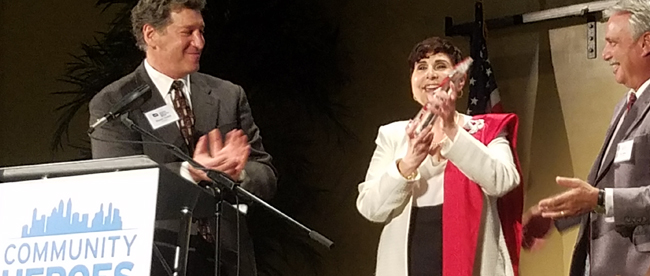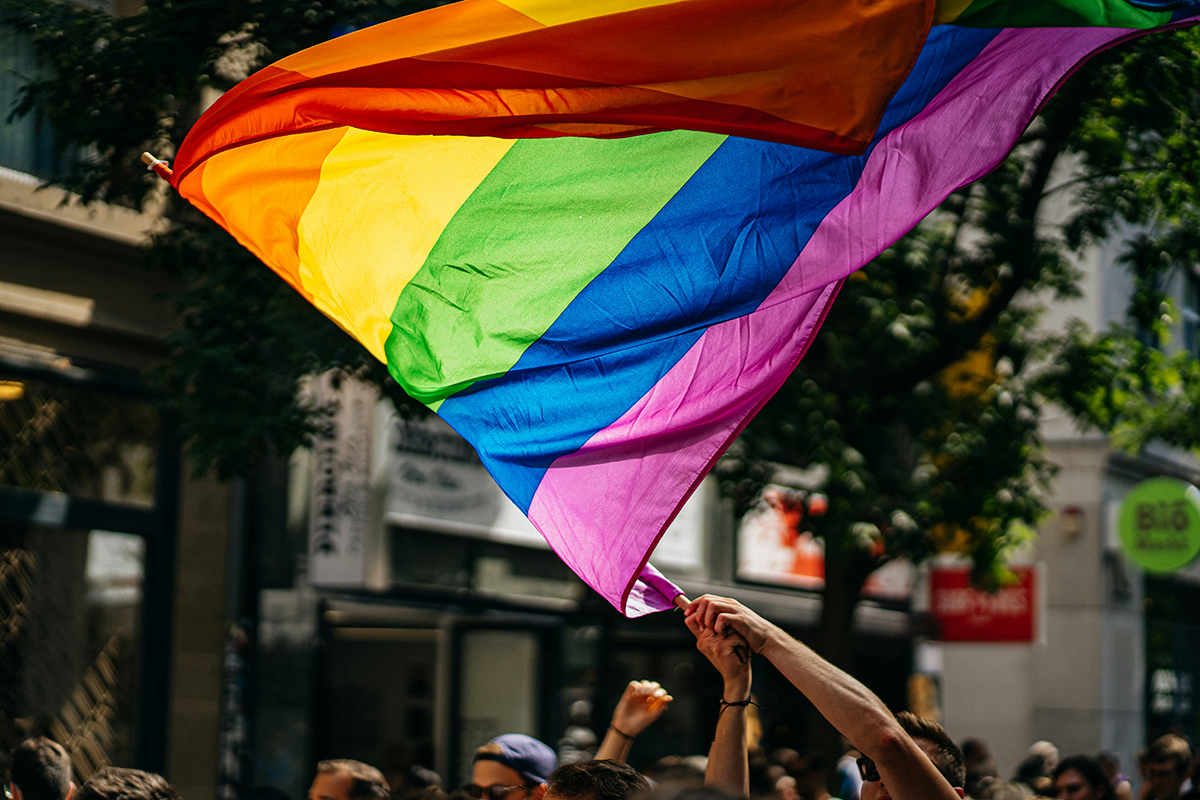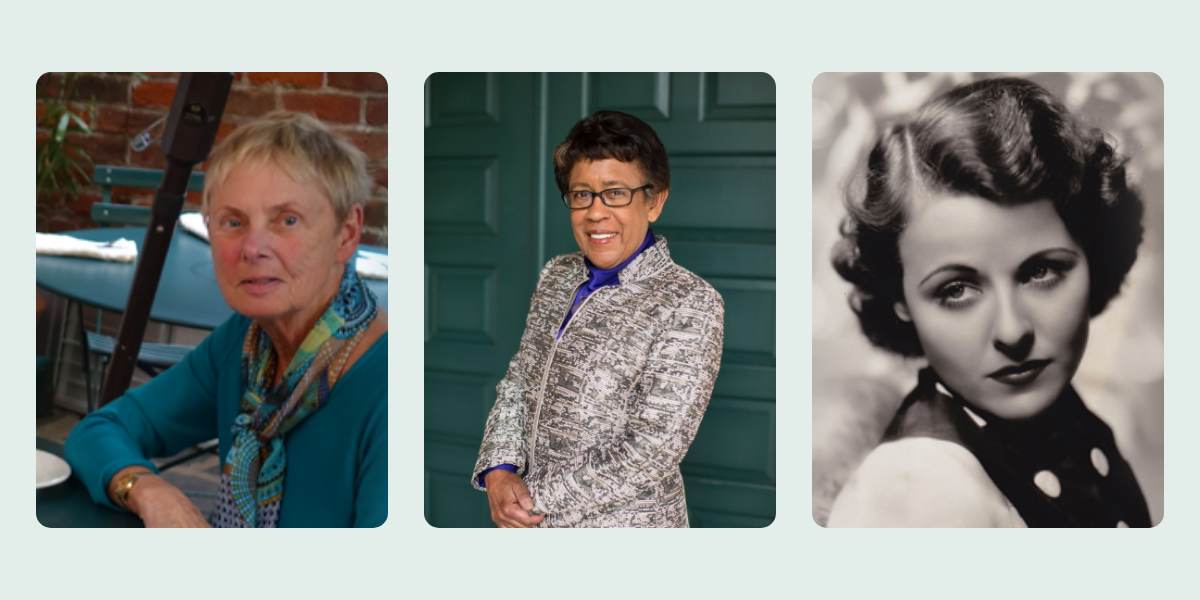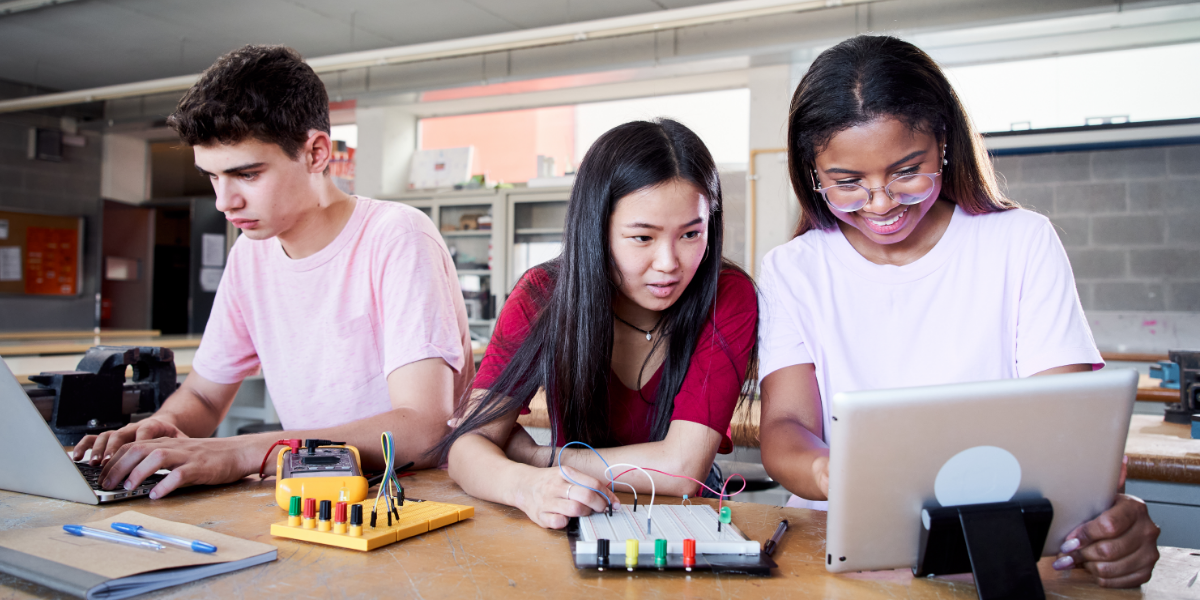Equity plays out in many facets of our daily lives.
One of the most persistent ways is within healthcare and the overall well-being of our communities.
According to the San Diego County Health & Human Services Agency, individuals living in South County, where a greater number of people of color and lower-income families reside, are more likely to be diagnosed with high blood pressure, diabetes and asthma compared to San Diegans throughout the rest of the region. In addition, African Americans in Southeastern San Diego are more likely to suffer heart attacks and strokes than residents anywhere else in the County.
[Tweet “San Diegans living in South County are more likely to have high blood pressure, diabetes and asthma”]
And those statistics are just a small example of a broader challenge.
On April 3, San Diego leaders and advocates came together at Kitchens for Good at the Jacobs Center to discuss the challenges and opportunities surrounding community health, racial justice and equality.
The event was the first of a four-part series led by KPBS, National Conflict Resolution Center, the Malin Burnham Center for Civic Engagement at The San Diego Foundation and Jewish Community Foundation, entitled Community Heroes. The series honors individuals who have given selflessly to build civility and community in San Diego. The program also brings people together through Community Conversations to collaborate and connect about San Diego’s complex challenges and opportunities.
At the April event, leaders spoke about ways all community members can work together to bring more solutions to the table and build a healthier region.
Elizabeth Bustos, our racial justice and equality Community Hero, led off the evening by outlining the work of the Southeastern San Diego Cardiac Disparities Project she has done as director of community engagement for Be There San Diego. The three-year project leverages the efforts of more than 20 faith-based organizations working directly with residents and practitioners to turn the tide against cardiovascular disease in San Diego.
Leaders also discussed what individuals can do in their daily lives to promote healthier families in San Diego. Cecil Steppe, Chairman of Mental Health America of San Diego County, underscored the need to improve doctor-patient interactions and urged everyone to be accountable in those efforts. Dr. Robert Gillespie, Cardiologist at Sharp Rees-Stealy Medical Group, emphasized that point and explained how he teaches his staff and residents to create stronger relationships with each patient to better serve their health needs.
Past Board Chair at The San Diego Foundation Steven Smith rounded out the panel with remarks about how policy and practice can inform each other to create a better healthcare system that works for everyone.
Among the many takeaways from the event, the audience left recognizing there is more work to be done, and that in order to address these challenges, everyone must play a role.
[Tweet “In order to address challenges in San Diego, everyone must play a role”]
For example, philanthropy is a key partner in building a healthier San Diego. Last fiscal year, The San Diego Foundation and its donors gave more than $9 million to health and human services organizations that are working to improve the quality of life in the region.
Organizations such as La Maestra Family Clinic, which provides healthcare and education to underserved and ethnically diverse communities in San Diego, South Bay Community Services, which brings a holistic approach to supporting the whole family, and Olivewood Gardens & Learning Center, which recently launched a program to train seniors on healthy eating and living practices, were among the The San Diego Foundation grantees that are effecting enduring change.
In addition, The San Diego Foundation, County of San Diego and Clinton Foundation recently announced the Healthy Children & Families Partnership, an initiative to strengthen vulnerable children and families in San Diego, as well as the child welfare and juvenile justice systems that serve them.
Through these partnerships, and the support of philanthropists and local leaders like Elizabeth Bustos, we are building a civically-engaged region and healthy communities.




